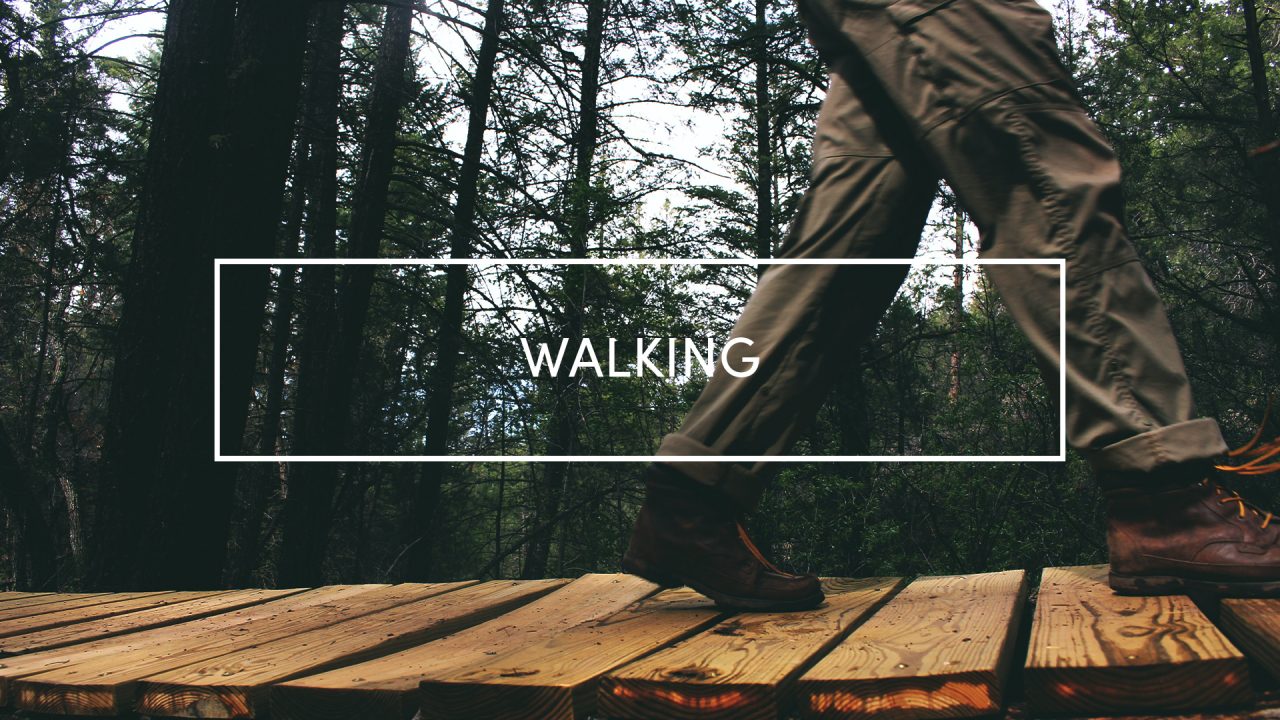I’ve written about slowing down in my last two posts, but I haven’t shared any of the practices or disciplines that I personally engage in. As a result, I haven’t shared how those practices benefit my own well-being and formation. A bit of confession, I crave rhythm, a cadence in my daily life. Sometimes, the balance I seek and work so hard to implement gets disrupted. Our schedules encounter interruptions and we often find our well-planned days taking unexpected detours. After all, we’re on a life-long journey. We can assume to encounter a change in scenery from time to time.
However, how we respond in those times of disruption serves as another post all together. As I alluded, part of my personality craves order. For those familiar with the Enneagram, this is my one wing chiming in. Confession part two: in unhealthy moments, I fixate on small imperfections and can become stressed and quickly irritated when my day doesn’t unfold like I planned it. My family members and some of my colleagues can attest to this. How is it that I can find myself in such different spaces? Fluidity is a part of human personalities. As humans, we are constantly adapting as the circumstances of life change. I have a hunch that you have experienced this disruption, disorientation and stress in the in the last six months.
Why does any of this matter? I need sacred space to help keep life in perspective. One of the rhythms that has become central to my daily schedule and sacred to me is the simple act of walking. Since April, my daily walking has increased substantially. Of course, it doesn’t happen at the same time every day, but my goal is to make time for it every day. If the weather produces conditions that make it challenging to walk outside, I find a treadmill or walk laps from my office to the Student Center. However, I prefer to be outside! In fact, I frequently walk the sidewalks and trails at Drake’s Creek Park. Allow me to illustrate how the act of walking is a spiritual practice for me.
First, there’s plenty of research that explains the benefits of walking. The efficiency of your cardiovascular system increases, walking reduces stress and lowers your blood pressure, it boosts your immune system and it increases the flow of oxygen to brain. I haven’t even scratched the surface. According to research, walking 15-20 minutes a day can have a crucial impact on your mental, physical and emotional health. Quite frankly, the simple act of walking regularly can change your body and your well-being! Afterall, Paul makes it clear that our physical bodies are essential and serve as temples where the Holy Spirit dwells within us (1 Corinthians 6:19-20).
Furthermore, if you consider the fact that “everything is spiritual,” then you’ll have no trouble comprehending how and why the simple act of walking serves a spiritual practice. Jesus tells us to love the Lord our God with all our heart, soul, mind and strength (Mark 12:29). In other words, we must comprehend our lived faith and formation holistically. Each of these components are intimately interconnected to one another. Jesus considers how our love for God and neighbor incorporates our entire being. In other words, Jesus doesn’t compartmentalize us. He doesn’t separate our experiences into sections or categories that never interact with one another. What I do with my physical body has implications in my continued formation as image bearer of Jesus Christ.
When I walk regularly, my body and spirit benefit. It’s not just a matter of boosting my immune system and increasing oxygen to brain, its matter of carving out space in my life visit with the Triune God. Sure, sometimes I listen to books and take a rare phone call, but the purposes of my walking extends past the cardiovascular benefits. I seek space be intentionally by myself. It’s not just about Jon finding some “me time.” I seek space to be alone and present with God. We don’t get far into the Gospels before we read about Jesus’ disciplines and practices.
Solitude and silence were important disciplines for Jesus’ life and they remain essential for our continued formation.
Even in His day, Jesus was bombarded with noise, hurry and crowds. According to Mark, it was common practice for Jesus to rise early in the morning when it was still dark to find a deserted place where He prayed (Mark 1:35). Luke reminds readers that Jesus often withdrew to lonely places to pray (Luke 5:16). Solitude and silence were important disciplines for Jesus’ life and they remain essential for our continued formation. Obviously, we can pray anywhere at anytime. However, there is something to finding those private, quiet and lonely places to be in conversation with the Creator of the cosmos.
There are times when I seek space to be still in present with God and I’m not walking. Rather I am intentionally being physically still in a lonely and private place, free of distraction. However, this post is about walking as means of a spiritual practice. By the way, have you ever wondered how Jesus got from place to place? I am convinced He walked everywhere. Of course, He took advantage of the transportation systems of His day which may have included donkeys, horses or camels. But we can assume Jesus walked everywhere. In fact, my father-in-law has spent some time calculating the distance Jesus traveled by way of walking; it’s quite remarkable. It’s unfortunate that the language often used to describe and encourage spiritual disciplines and practices is intimidating and confusing. Allow me to offer one simple suggestion: what might it look like for you to begin taking walks with God?

Jon Micah is the Family Discipleship Minister at Hendersonville Church of Christ. He is the husband to Jenn and dad to four amazing children, Christine, Lara, Jack, and Luke. He’s an avid Houston Astros fan, occasional action chef, and loves camping and spending weekends with his wife in Chattanooga.


